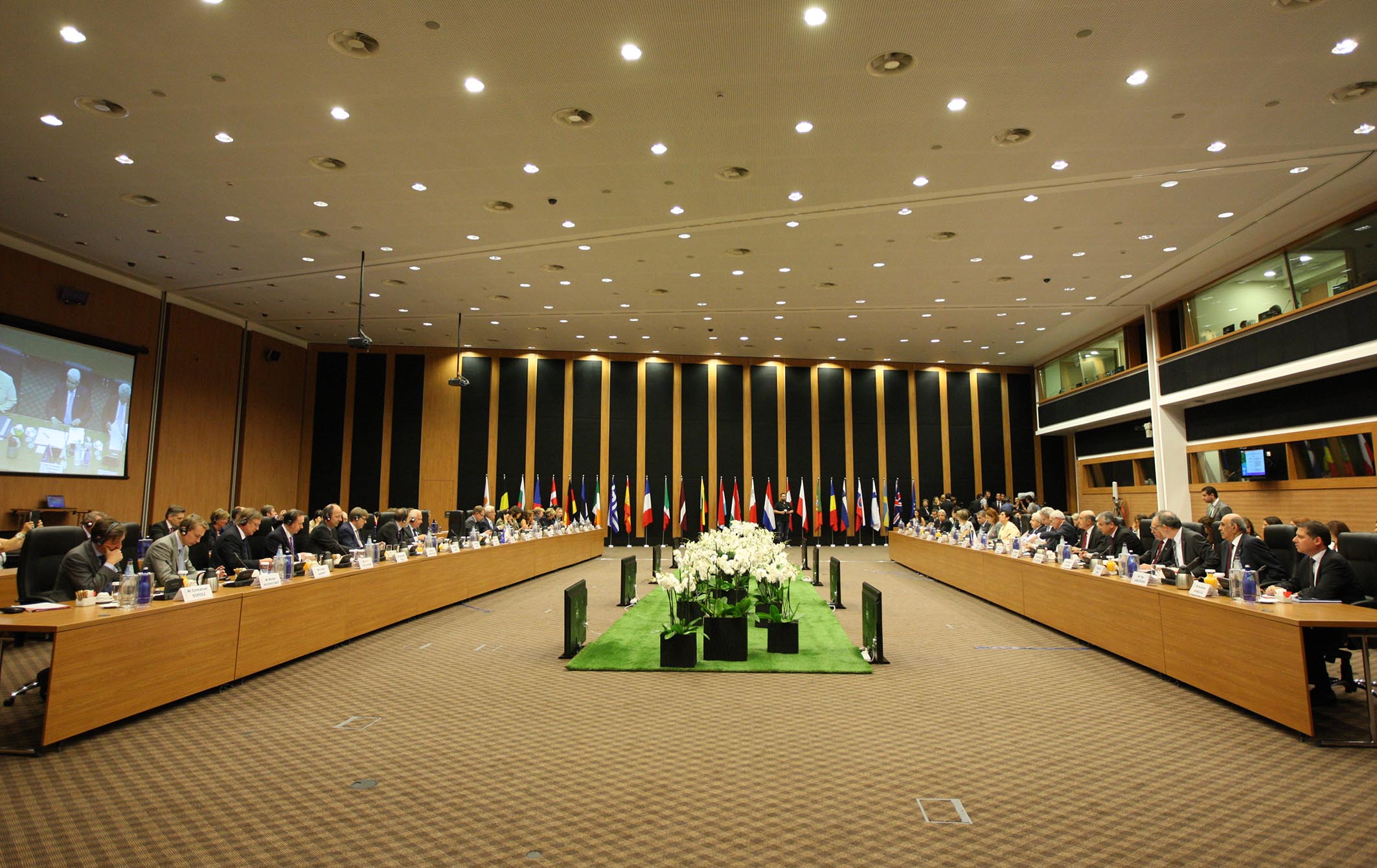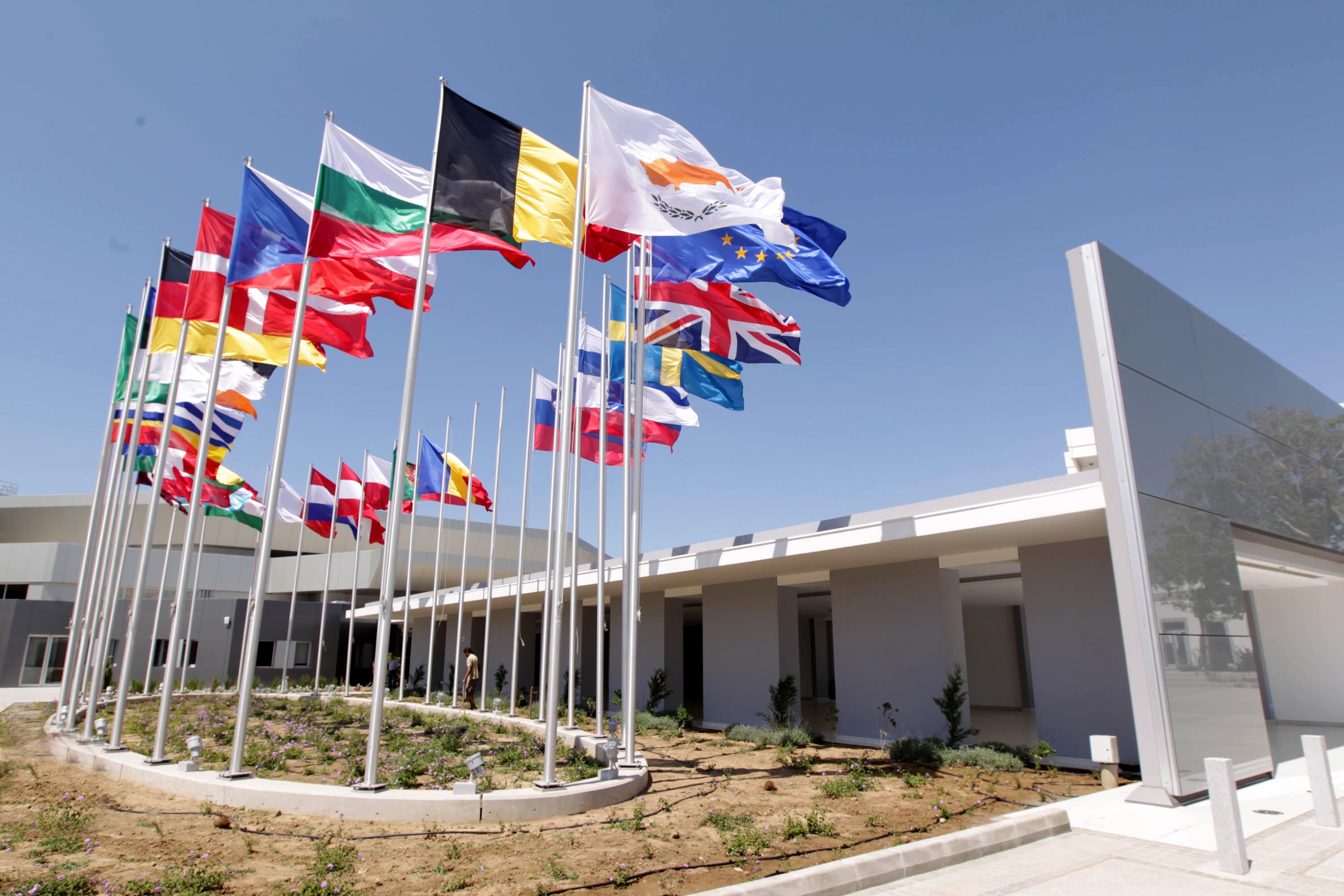Cyprus scrambles to iron out remaining logistical challenges
Fewer than 100 days remain for Cyprus to iron out the remaining logistical challenges as it prepares to assume the six-month rotating Presidency of the Council of the European Union in January 2026.
The presidency will place Cyprus at the heart of European decision‑making. It is both a major political responsibility and a significant logistical and complex challenge. Cyprus last held the rotating presidency in the second half of 2012.
Speaking to the Sunday Mail, press representative in Nicosia of the Cyprus Presidency of the Council of the EU 2026 Stella Michael said preparations were now intensifying.
“We are working on both political matters and the six‑month programme with the presidency’s priorities, in Cyprus and Brussels,” she said.
“We are also focusing on organisational matters concerning the hosting of informal meetings in Cyprus.”
Each EU member state taking on the presidency covers the costs. Michael said Cyprus was holding on to the purse-strings as much as possible to limit the burden on the state budget while at the same time trying to guarantee high‑quality services and organisation.
“We also aim to bring in additional funding from alternative sources, such as sponsorships, which have already been announced by the Secretariat of the Cyprus Presidency 2026. Some meetings will be funded partly or fully by the EU or other bodies,” she said.
Michael said the Filoxenia Conference Centre would be the main meeting venue, as it was in 2012.
“It has five main halls and smaller rooms, with a capacity of up to 800 participants,” she said.
It has been fully renovated and is now equipped with modern technology, a high‑speed network, and interpretation systems per EU standards, but this will not be the only venue used. Other locations will give participants, including those in high-level meetings, the opportunity to experience other parts of the island.

Also, renovation of another building nearby that used to house the catering college and is earmarked to serve as the media centre has been completed. It will be officially handed over in the next few days, fully equipped.
Michael said the media centre would offer full facilities for journalists covering the presidency.
She added that catering would meet “high‑quality standards, reflecting hospitality, professionalism and environmental sustainability,” and will be subject to “strict quality checks.”
On transport arrangements, Michael explained that “luxury vehicles would be secured for the transport of mission leaders, while buses and mini‑vans would be used for delegates.”
Security is also going to be a huge undertaking.
“Planning is coordinated with all competent security bodies and authorities of the Republic of Cyprus,” Michael said. “Police will manage traffic and safe transfers, ensuring minimal impact on road flow, especially at busy times of day.”
Michael confirmed that around 260 informal meetings are expected to take place in Cyprus during the six‑month presidency.
“These are expected to generate an estimated 62,500 overnight stays across the island,” she said.
Accommodation and conference needs will be arranged through tenders overseen by the deputy ministry of tourism, which will act as the contracting authority.
“The secretariat has finalised requirements with ministries and authorities,” Michael added, “including the number of delegates, room types, meeting duration, need for parallel halls, and technical specifications.”
Michael said that despite it being a huge undertaking, the importance of the presidency for Cyprus could not be understated.
“Hosting the presidency is both a political and logistical responsibility. It demands close coordination between Cyprus and Brussels,” she said. She added that it offers a chance to “highlight Cyprus’ role within the EU, strengthening its image and diplomatic standing.”
“The presidency provides opportunities to showcase Cyprus’ organisational capacity, infrastructure, and hospitality to thousands of foreign delegates and journalists,” she said. Michael noted that it will also deliver economic benefits.
“By managing expenses carefully and using sponsorships or EU support, Cyprus demonstrates fiscal responsibility while ensuring prestige,” she said. She concluded that “security and professionalism were crucial. The presidency will reflect Cyprus’ ability to guarantee safe and efficient EU meetings.”
Last week, officials stated that Cyprus aims “to work closely with the European Commission, the European Parliament, and all member states” and to act “as an honest mediator” to advance “European unity, European autonomy” and strengthen the EU in a challenging world.
Key dossiers for the presidency will include the new multiannual financial framework, defence, competitiveness and regional issues.






Click here to change your cookie preferences